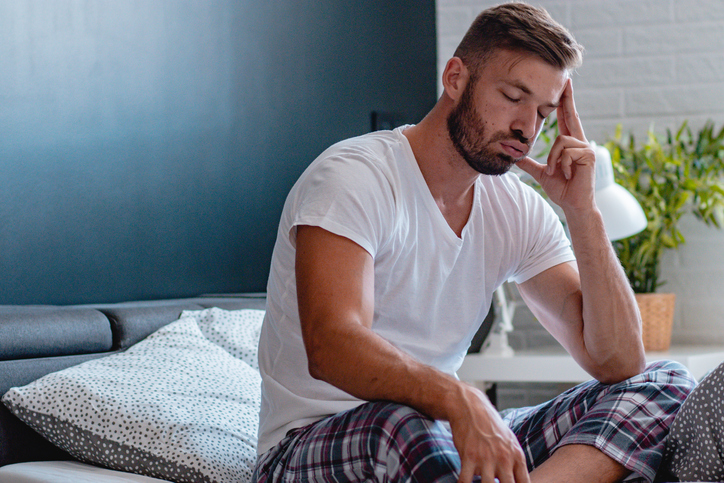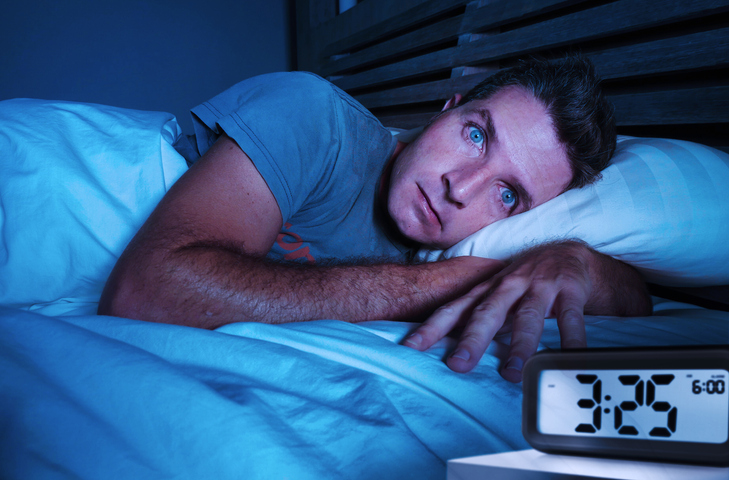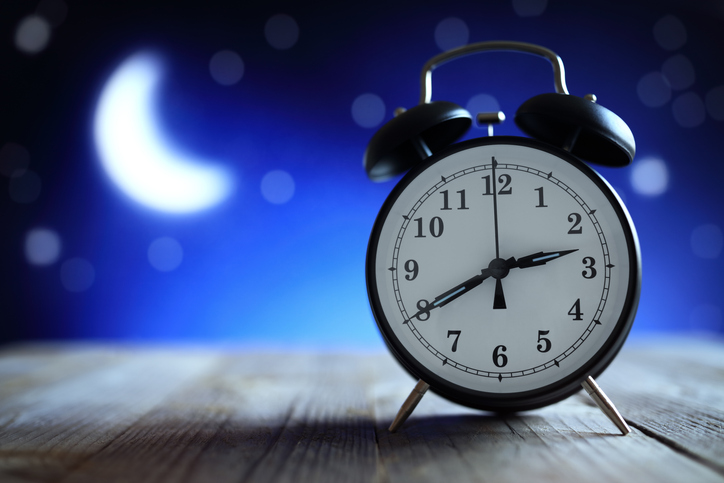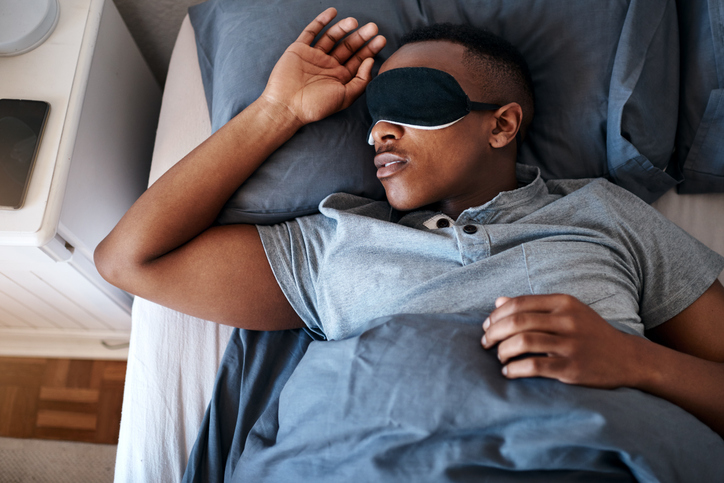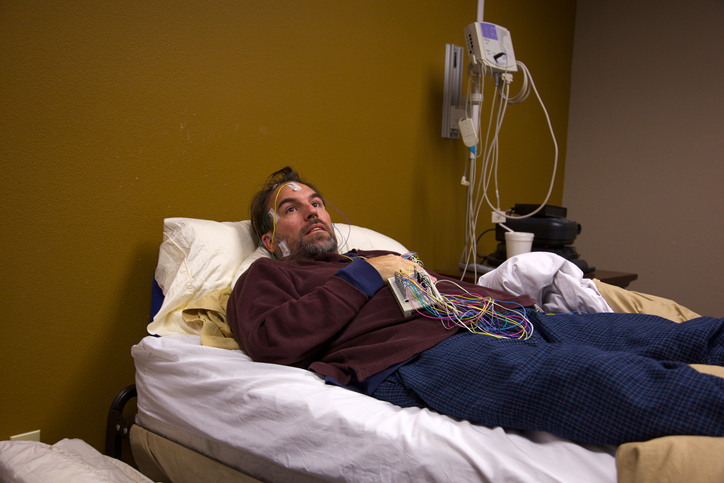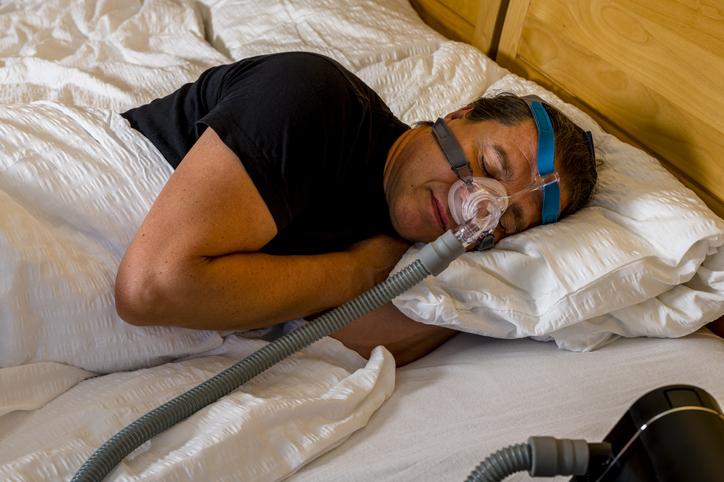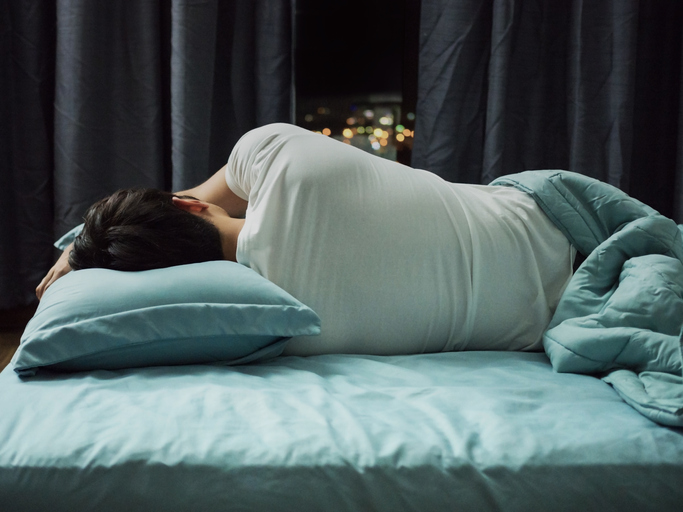Living with Chronic Pain
Alternative and Complementary Treatments for Insomnia

What is insomnia?
Insomnia is the most common sleep disorder in the United States. Insomnia involves trouble falling asleep, staying asleep, or a combination of both. It is estimated that 50% of adults experience acute (short-term) bouts of insomnia, and 10% of adults deal with chronic (long-term) insomnia.
Alternative and complementary treatments
In addition to conventional medical treatments for insomnia, such as cognitive behavioral therapy and medications, several alternative and complementary treatments are also available.
Meditation
The practice of meditation can help treat insomnia in two ways. First, it can reduce stress that may be contributing to sleep difficulties. Second, regular meditation practice can also increase blood levels of melatonin, a hormone that helps regulate sleep.
Acupuncture
Acupuncture is a traditional Chinese medicine treatment that may help increase the production of nighttime melatonin and reduce anxiety. It may also improve sleep quality. During acupuncture, very fine needles are inserted into the skin at specific acupuncture points to help improve sleep.
Acupressure
Similar to acupuncture, acupressure involves stimulating pressure points that are associated with physical and mental health. Acupressure uses physical touch instead of needles. Acupressure points that may help reduce stress and improve sleep quality are located on the wrists, ankles, feet and neck.
Biofeedback
Biofeedback can be used to relax the mind and body, promoting restful sleep. During a biofeedback session, a professional uses technology to help an individual learn how to control bodily functions, such as heart rate and muscle tension. Once these skills are mastered, they can be practiced at home without the use of technology.
Aromatherapy
Aromatherapy involves smelling essential oils extracted from certain plants. The scent of certain essential oils sends signals to the brain to release neurotransmitters, such as serotonin and endorphins, which help promote sleep. Examples of essential oils that may be used to help treat insomnia include lavender, cedar wood, and sandalwood.
Yoga
Yoga combines stretches, breathing exercises, meditation, and philosophical principles to improve mental and physical health. Yoga may help individuals fall asleep more quickly, sleep longer, and feel more rested.
These alternative and complementary treatments are generally low-risk and have few or no side effects. For this reason, they may be worth trying to help conquer insomnia.
